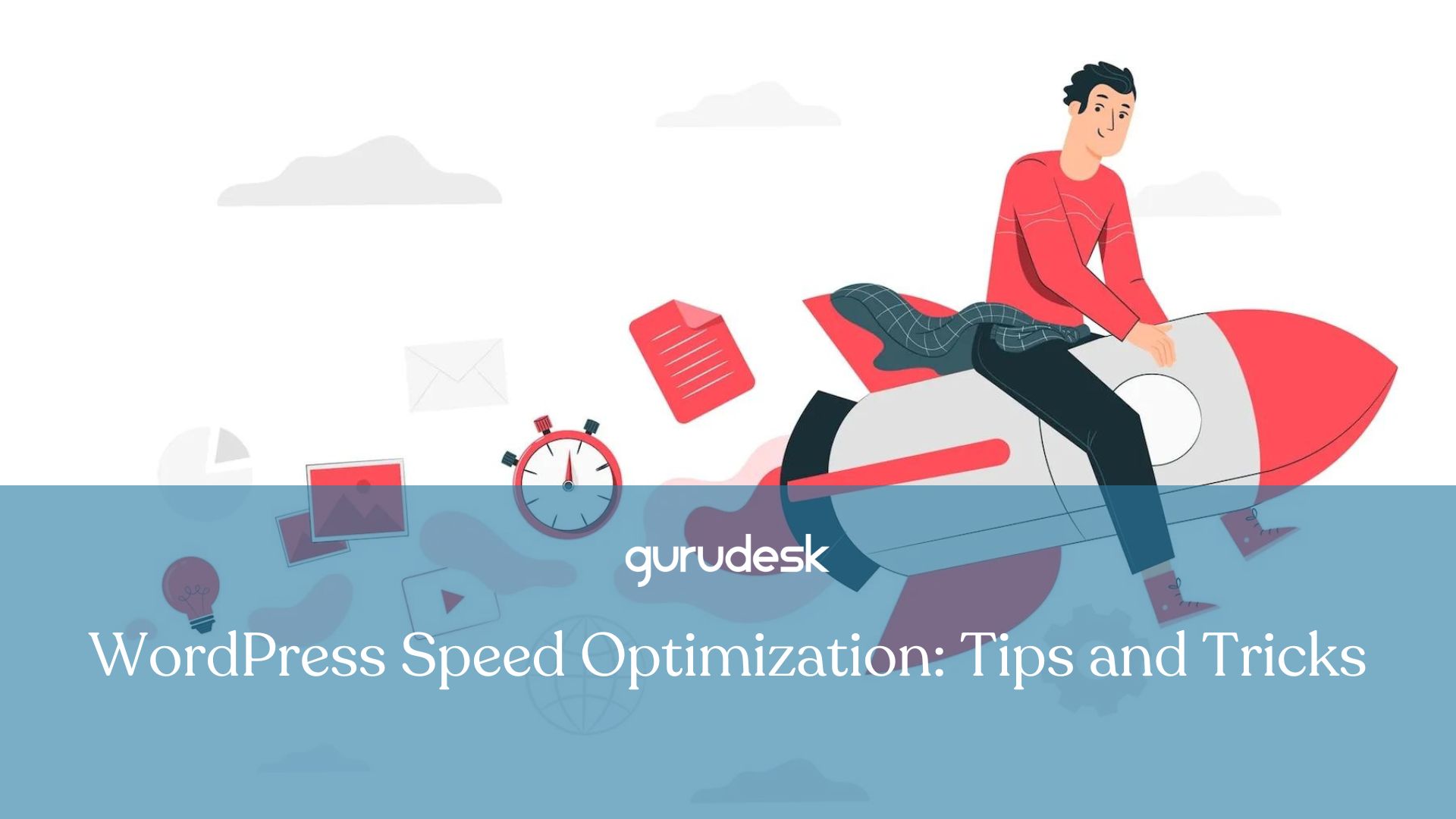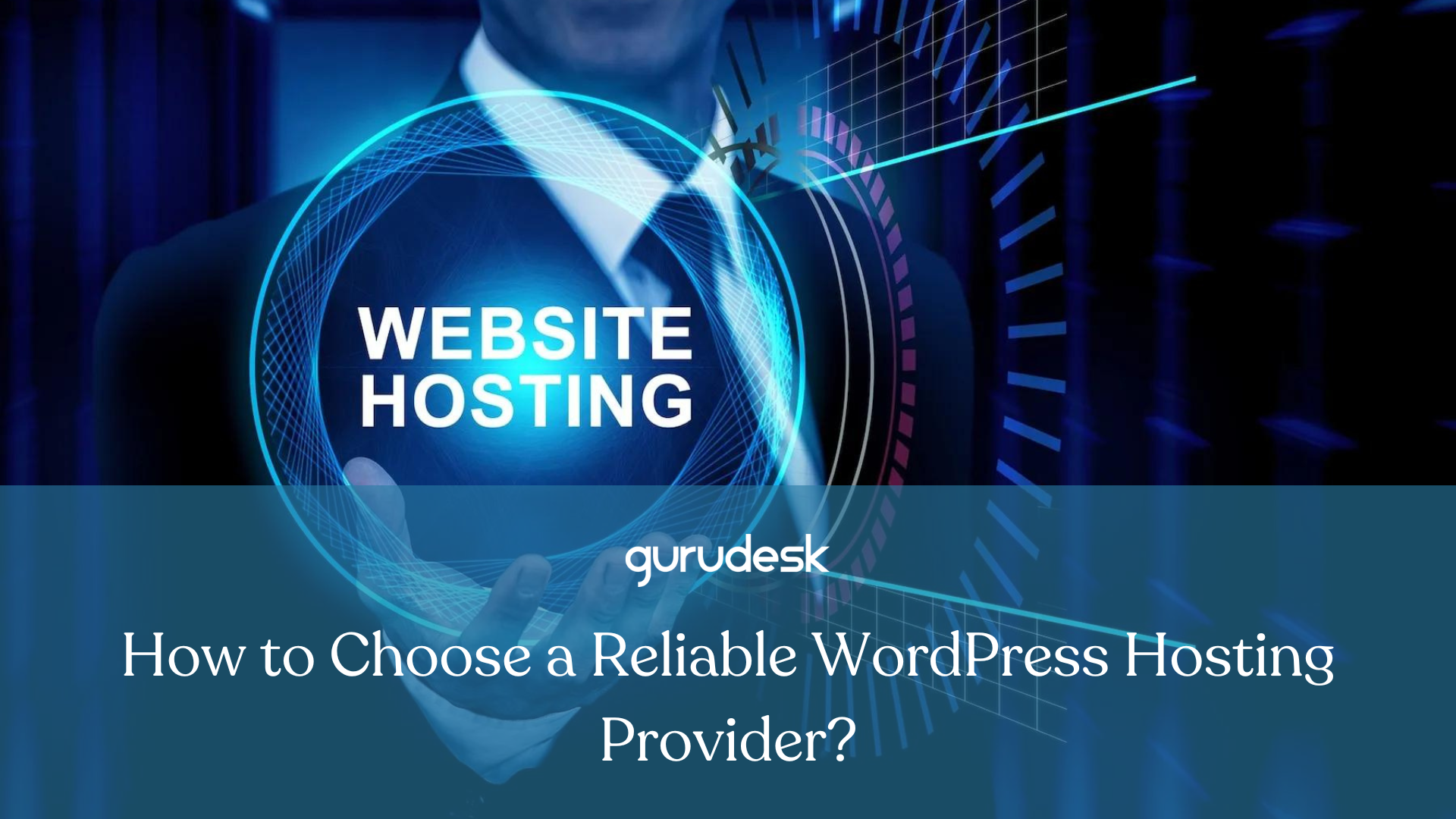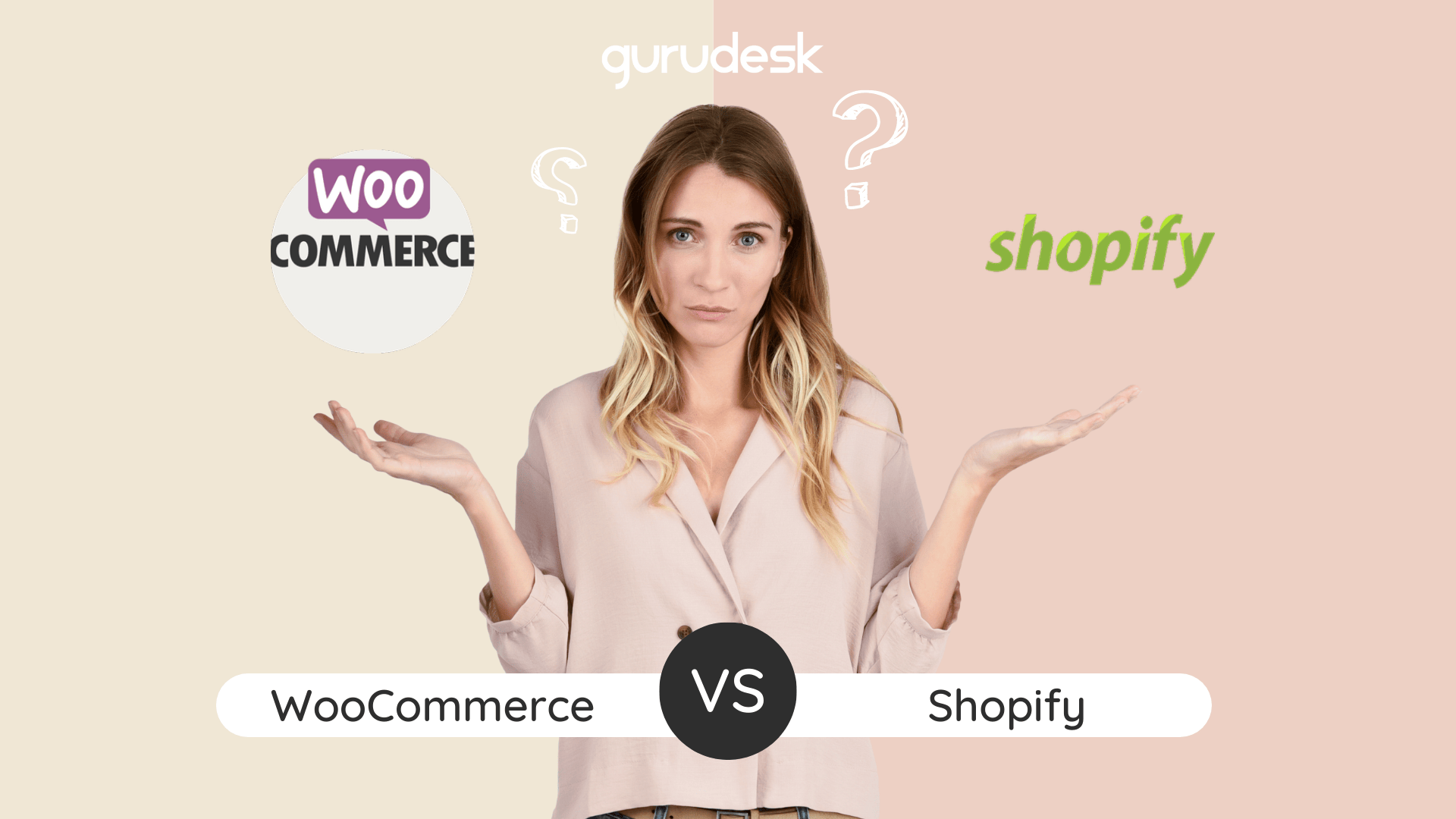
WooCommerce vs Shopify: Ecommerce platforms are taking over the internet, and there has been a long-standing debate on which ecommerce platform is better.
Ecommerce is the buying and selling of products and services online; furthermore, they offer loyalty. Customers want to feel wanted, valued, and appreciated, especially if they’ll be buying plans all year.
The Most Popular Ecommerce Platform Worldwide
When we look into opening a business online, we turn our focus to ecommerce Businesses.
WordPress, an Ecommerce platform, is considered to be one of the most popular sources for creating your own website or blog.
With over 43.3%, WordPress powers most of the websites on the world wide web, or as we call it today, the Internet! A Content Management system is software that assists users in creating, managing, and editing content without any technical knowledge.
This allows us to look at the end result that WordPress creates which is an easy, accessible website.
What to Look for in Your Ecommerce Platform
When starting an online business, it is important to keep factors in mind that will help in deciding which ecommerce platform is best suited for your business’s needs and goals.
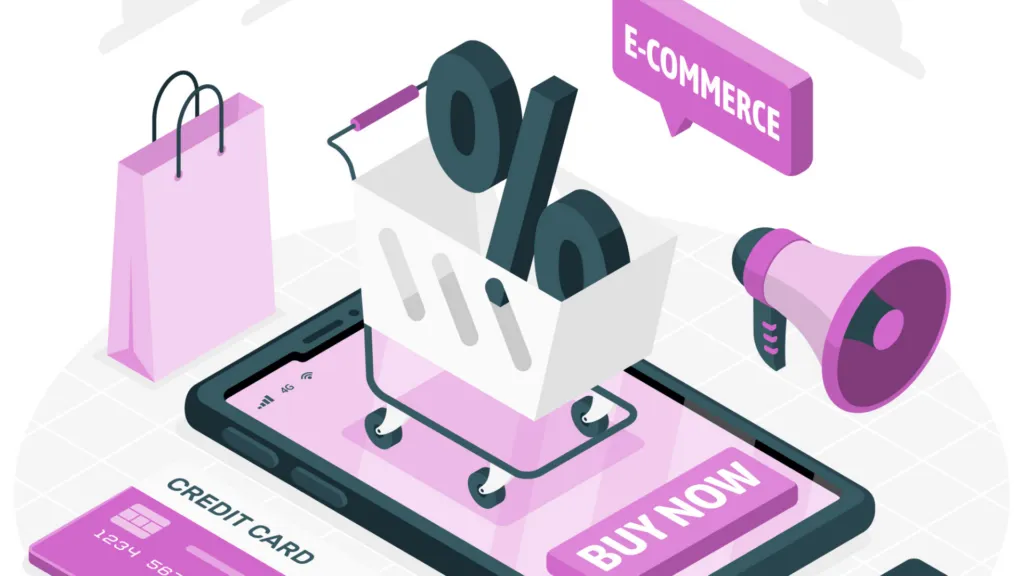
Some of the factors to consider are the following:
1. Budget
When deciding on an ecommerce store, the initial cost of starting matters. One needs to keep in mind that there will be a budget set as a starting price, an editor, and an ecommerce priced plan afterwards.
2. Ease of use
A central usability concept comprises all user experience (UX) elements, with the central one being Ease of use. Through ease of use and, therefore, a friendly user experience, business owners can drastically reduce the amount of resources needed.
With reduced need for resources, in turn saving time and money as a business. With an easy-to-use site, users can access and navigate your online business, guaranteeing you consistent and committed customers. With loyal customers you will be able to boost sales!

3. Payment Methods
Payment methods indicate whether the billing will be done online, with multiple options, or even through the use of credit cards.
The best way to approach and set up your customers through payment methods is to offer every option to prevent your customers from backing out during checkout.
By having payment options, even ones that are not locally used, customers are able to make payments Internationally, and increases sales.
4. Integration
Integration involves the number of services and third-party tools used to integrate with your ecommerce business. This could be in the form of plugins.
Customers are able to purchase plugins from the WordPress Store to continuously elevate their business, as well as their task management.
5. Scalability
Scalability is the capacity to be changed in size or scale, and as your online business begins to grow, it is important that you boost your website performance, as a response to changes in the systems processing demands.
When we think of user experience and scalability, it is important to focus on creating uniformity throughout the systems.
WooCommerce
WooCommerce is a popular ecommerce platform powered by WordPress. WooCommerce allows its users to create an online store and sell products or services.
As of October 2022, the WooCommerce plugin powered over 4 million businesses, making it one of the most widely used ecommerce platforms on the internet.
WooCommerce Hosting
We understand the trouble that comes with starting your online business, and we also understand the importance of having a server, ready to use, that doesn’t require knowing the nitty-gritty. GuruDesk offers web hosting services dedicated to WooCommerce hosting, alongside other hosting packages.
Check out our WooCommerce Hosting 101, to read more about what you need to know before choosing a provider. WooCommerce Hosting is specifically designed to offer support, as well as functionality for business owners to be able to develop their online shop without the hassle of site design and development expertise.
Shopify
Aside from WooCommerce, there is a runner up: Shopify. Shopify is an all-in-one ecommerce platform that assists in building an online store, Shopify allows its clients to sell in multiple places such as in person, web and across all social media-platforms.
On Shopify, there’s no need to worry about technical aspects that range from web hosting, security, caching, etc. Shopify stores offer multiple different apps that can be downloaded to elevate your ecommerce store.
WooCommerce vs Shopify
Our goal in this ‘Battle of WooCommerce vs Shopify’ article is to give you an in-depth look at WooCommerce vs Shopify and to assess the best fit for your needs.
With the general requirements set forth and mentioning both advantages and disadvantages, we hope to present to you the reasons why WooCommerce is the best-suited ecommerce website for you and why GuruDesk is the best-suited hosting provider for you!
WooCommerce vs Shopify Comparison
| Aspect | WooCommerce | Shopify |
|---|---|---|
| Subscription & Budget | Requires one-time subscription fee. No monthly fees. | Monthly subscription fees for different plans. |
| Ease of Use | Beginner-friendly; Plugins and hosting options available. | Hosted software; No need to build a store. |
| Build Time | Plugins and themes for customization; Creative control. | Pre-made designs; Faster store setup. |
| Customization | Over 59,000 plugins; Open-source flexibility. | Limited apps; Shopify themes; Paid add-ons. |
| Payment Options | Supports popular payment gateways; No transaction fees. | Shopify Payments + third-party gateways; Transaction fees. |
| SEO Friendly | SEO optimization; Plugins and guides available. | Basic SEO features; Apps for improvement. |
| Customer Support | 24/7 live chat, phone support, extensive guides. | 24/7 support, tutorials, self-help resources. |
| Security | SSL certificate, PCI-DSS compliance. | SSL certificate, PCI-DSS compliance. |
Why WooCommerce
With its user-friendly and easy to use adaptability, WooCommerce makes a great choice for businesses, whether local or corporate.
Offering more than 55,000 plugins and customizable options (WordPress plugin too!), tailoring and designing your store to best suit you has never been easier.
WooCommerce humbles itself in offering a unique experience to businesses that allows for a form of individuality among the sea of options.

1. Customization
Think of it like editing your profile, you present to your viewers the best seeming qualities. Similarly, it is important to optimize your site and design it to what best fits your business.
At the end of the day, it should be a reflection of what your brand portrays. When building your ecommerce site, it is important to pay great attention to the little things. From visuals, to color palettes, to good design, customers pay a great deal to feel connected.
Understanding how the human brain works, more so in regards to how customers retain information, could potentially contribute to how successful your online store is. A big chunk of your online business lies in the psychological aspect.
2. WordPress Integration
With a seamless integration to WordPress, WooCommerce allows for an easily managed online store, as well as a website, that transfers content from one platform to another without the hassle of managing both separately.
With high Scalability in addition to plugins and extensions, you are able to add that much more functionality to your store.
3. Optimized Caching
To improve your WordPress’s site or WooCommerce’s site, allows for an accelerated site speed and performance. This helps reduce the load on your server.
By having GuruDesk as your hosting provider, you are able to have a built-in optimization, able to detect and exclude dynamic pages from our caching solution, leading to a more functioning site, with speed and performance.
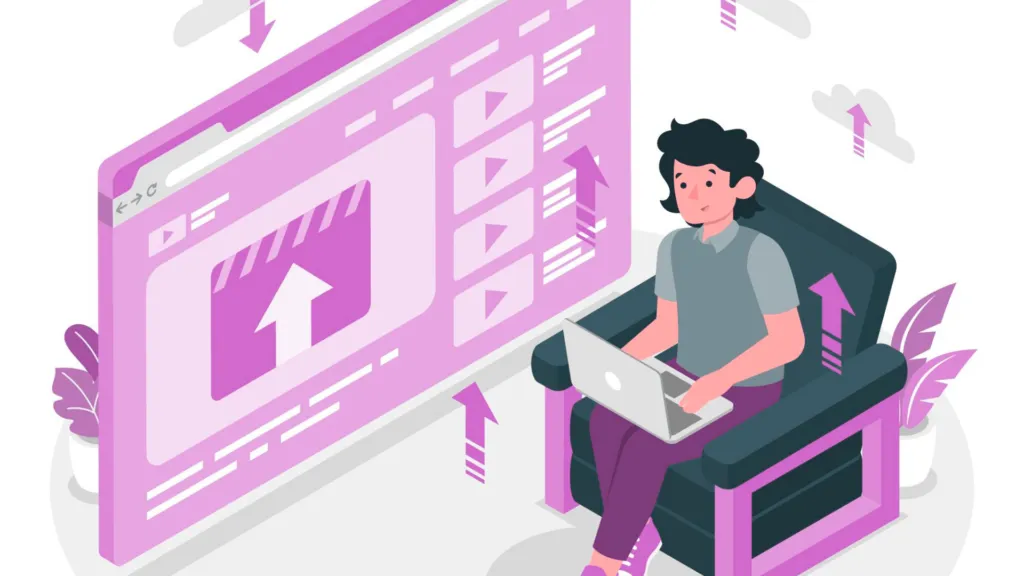
4. Database Optimization
With WooCommerce vs Shopify extensions running on WordPress, content will be stored within the database. Content can be product data, which is pricing, descriptions, stock quantities, status, product variations and more, customer details, as well as their purchasing and order history.
GuruDesk will be able to continuously take into account and offer solutions that optimize your storage needs, avoiding heavy database queries that may come into use if customers heavily depend on searches to find what they’re looking for.
5. Server Reliability
Server Reliability is especially important for ecommerce sites. Hosting providers need to ensure uptime in order not to lose any potential customers. It’s a crucial factor to consider when choosing a web hosting service, as a website with a high uptime will be more reliable and provide a better user experience for visitors.
At GuruDesk, we offer 99.9% uptime to prevent you and your business from losing any customers, or even future potential customers.
6. Hosting Support
Hosting support lightly translates to a medical assistant, within the technical world. If customer service takes more than 20 to 30 minutes to respond, chances are customers are already leaving your site, in search of another to fulfill their needs.
At GuruDesk, our main priority is assisting our clientele in all things technical to offer a smooth sailing site, fit for every online business, which is why our response time is maximum 4 minutes! Don’t believe us? Message us, give us a call, or email us!
7. Security & SSL Certificate
It is vital that when working with confidential information, data to be stored and secured. Your hosting provider offers around the clock server hardening and security-boosting options (firewalls, malware scans) to prevent you from having any form of hacking.
SSL Certificate validates ownership of your domain that branches out into security and encryption perspectives to secure user data, as well as online payments and more. It somewhat like having that much more peace of mind when building and maintaining your online store.
The Psychology of Design
Now, we understand that Shopify offers an easier approach by having per-existing themes offered to you as an option in a sea of choices. Yet, with WooCommerce vs Shopify, having your hand in the design offers a greater approach in how you sell what your customer needs.
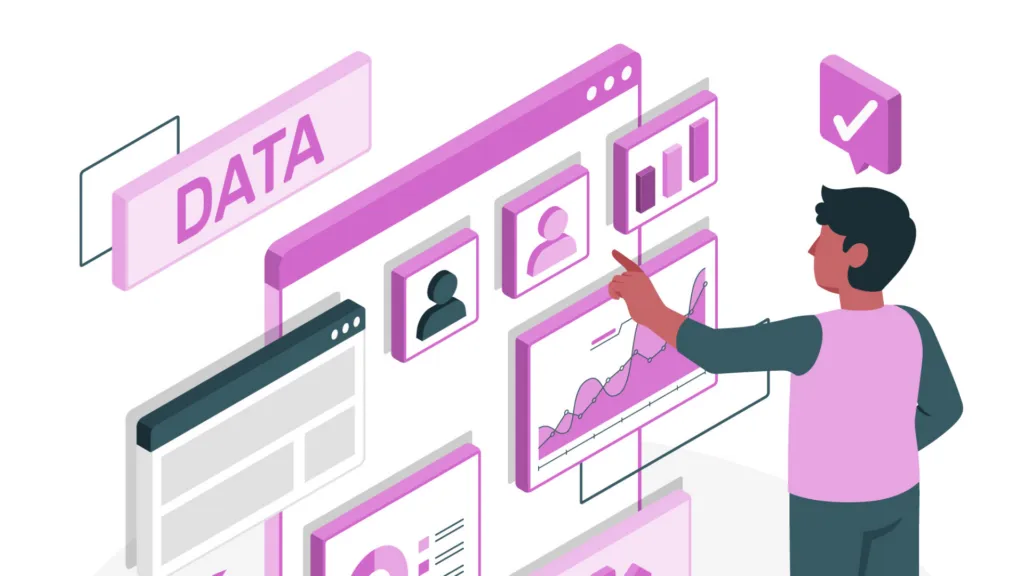
We can call them WooCommerce themes, but the only difference is, you get to design the theme to your liking!
People & Images
The Psychology of Web Design to be exact, has to do with many factors. Think of including images and videos with faces.
People’s attention is more likely to shift and respond to faces. A company without people feels distant. However, a company showcasing the founders, team, or even customers offers a connection that goes far along.
Make sure your WooCommerce vs Shopify store showcases you and your team to help win the customers that feel more connected to you.
Color Scheme
The Psychology of Color plays a vital role in web design, by creating a strong brand, boosting sales and leading visitors to specific pages or actions.
Did you know that people formulate an opinion about a product within 90 seconds? Better yet, did you know that 90% of that decision solely relies on color? You can increase your brand recognition by 80% if you take the time to focus on the right colors.
Credibility
Visual design is vital in a business of ecommerce platform. Your customers are not only clicking on your site to buy your product, but to buy you as a brand.
Factors such as images and videos all the way to the small things, such as colors, fonts and the correct usage of grammar and spelling are vital in order to sell the site, as a whole.

Consider the following with designing your ecommerce business with WooCommerce:
- Avoid spelling and grammatical errors since it is associated with unprofessionalism.
- Avoid hard-to-use fonts. The easier to read, the better.
- Avoid Clutter. Focus on the content that portrays your brand and calls to action. White spaces are known to improve and help focus on important information.
- Avoid inconsistencies. Keep your style going throughout the site to help your audience, or customers, believe that they’re in the right place, and that your brand is worth remembering.
Why Choose GuruDesk Hosting for your Ecommerce Business
We understand the hassle of building and that’s why we strongly believe GuruDesk is able to assist you on your online business journey.
WooCommerce vs Shopify is considered to be one of the most popular ecommerce sites, which Shopify falls after.
Unlike Shopify, WooCommerce stands true to being one of the top ecommerce sites.
As your hosting providers, we believe that with GuruDesk, you can focus on your ecommerce store without worrying about security, user experience, plugins, server reliability, dropshipping business, hosting support and more.
We handle all the technicality on your hosting account. All we need is your visions and goals, and we’ll help you sail off to where your heart desires.
TAGS:
Join the GuruDesk community and be among the first ones to discover the hottest trends in web services! We are a team of web experts and we love sharing our knowledge and experience with our readers! We share tips and tricks on a wide range of topics, including web development, cloud services, and hosting. Whether you are a seasoned pro or just starting out, we promise you will find valuable information here. So go ahead, hit that “Subscribe” button and let the fun begin!



